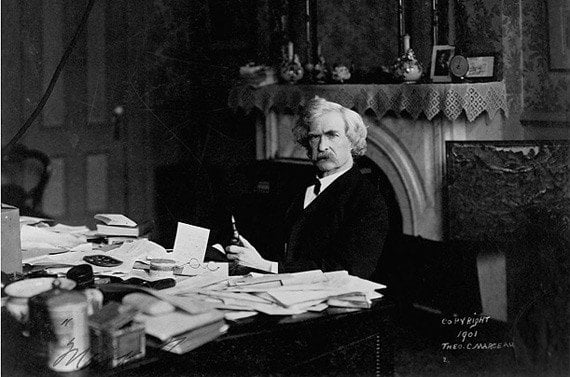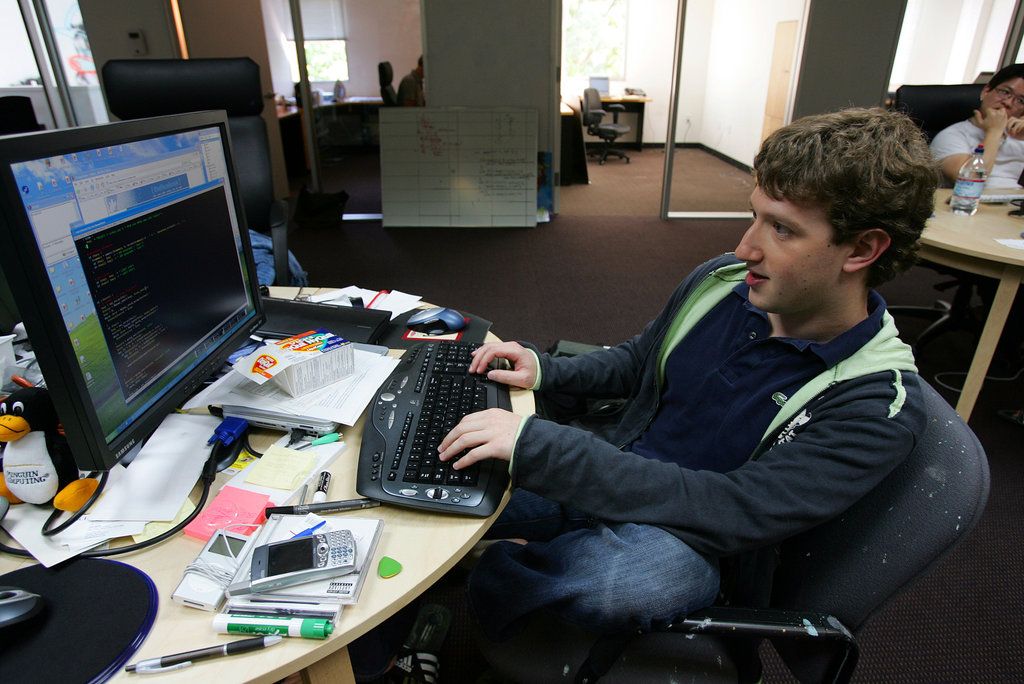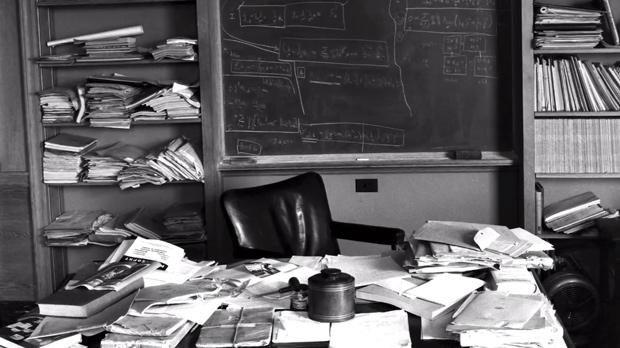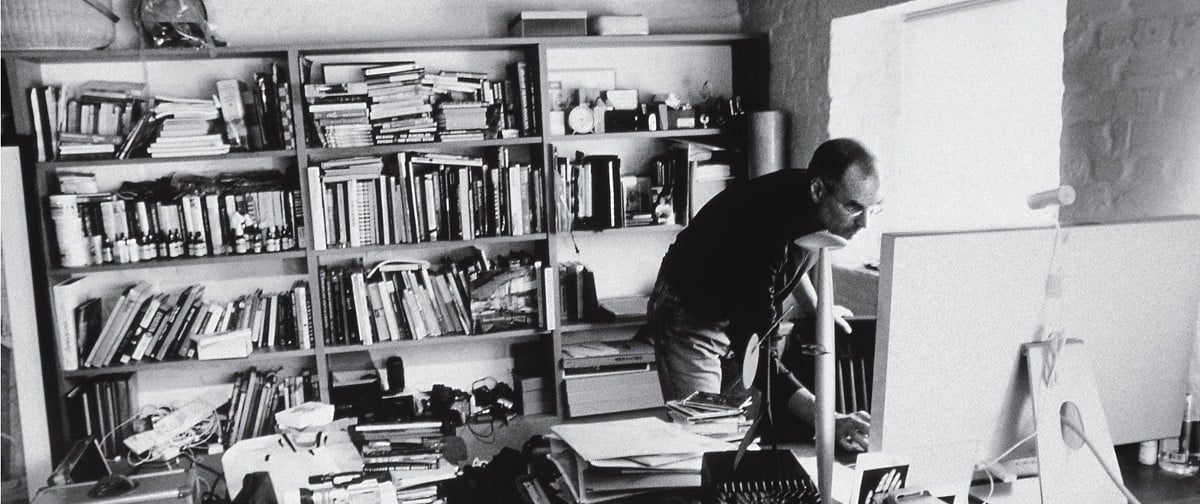Many of us follow the ideology that seemingly chaotic or unorganized individuals do not perform well. Thus, we are encouraged to keep our workplace or desk organized, with an expectation of delivering better results. However, we shouldn’t be so quick to judge an unmanaged desk or workplace when it comes to creativity or productivity.
In fact, there are various studies and claims that those with messier desks can often be more productive, more creative, and more inspired than others. In this article, we will cover a number of points that support this controversial concept.
They Have Mastered The Art Of Prioritization
Messy people may appear careless or unorganized but they are often masters in the art of prioritization. They often place the most important things first while lesser aspects are temporarily left behind.
While it may appear beneficial to keep everything perfectly organized, for messy people it’s merely a hindrance when dealing with the task at hand.
Eric Abrahamson and David H. Freedman, authors of A Perfect Mess: The Hidden Benefits of Disorder, summarize this notion perfectly:
“Mess isn’t necessarily the absence of order. A messy desk can be a highly effective prioritizing and accessing system.
On a messy desk, the more important, urgent work tends to stay close by and near the top of the clutter, while the safely ignorable stuff tends to get buried to the bottom or near the back, which makes perfect sense.”
They Can Find Inspiration In The “Chaos”
Mark Twain was great creative mind known for his messy but highly productive workspaces. His desk was always piled with books, papers, and a seeming lack of organization. For him and many others, a cluttered desk can become a source of divine inspiration.
A study conducted by a Kathleen Vohs from the University of Minnesota at Carlson School of Management suggests that a cluttered environment helps in increasing creativity. She said:
“The creative people feel free from the limitations in messy and disorderly environments. It helps them to break the traditions and produce new insights. On the opposite side, orderly environments which resemble safe and conventional zones encourage more routine and safe work practices.”
They Are Often Braver And Faster Decision Makers
Mark Zuckerberg is a particularly big dreamer and a fast mover, also known for his slightly chaotic and less-than-conventional workspaces.
Haltiwanger clears another misconception about messier individuals. He reports they are faster decision makers and can better deal with stressful situations. When they are facing tense situations, they are more likely to step up rather than go for the backdoor strategy.
This is due to the fact they are less concerned with micro details as they focus on the larger picture before making informed decisions. They have even been shown to be more adventurous and fast moving than organized people.
They Have Proved To Be Highly Innovative Thinkers
“If a cluttered desk is a sign of a cluttered mind, of what, then, is an empty desk a sign?” — Albert Einstein
Did you know that the famous scientific genius Albert Einstein was actually quite messy a messy person? His desk was always full of seemingly disorganized papers, articles, and scrawls, yet no one could dare challenge him in the field of science. While he managed things in his own seemingly messy way, he was always able to find everything he needed.
Steve Jobs would most certainly be considered a creative genius, revolutionizing the mobile technology industry from a messy desk!
They Devote Time And Energy More Carefully
Messy people naturally save precious time and mental energy by ignoring clutter-related issues. These people understand the cost of opportunity and don’t get caught up in routine distractions that can absorb clean freaks. Sometimes, workspace tidying can even become a form of procrastination!
For those fully focused on achieving goals or striving to reach a target, keeping a workspace tidy is often the last thing on the priority list. Like many famous painters, Francis Bacon‘s workplace may have resembled a chaotic messy, but he was merely channeling all his creative energy into making great paintings.

















































